Resveratrol is a natural compound found in grapes, berries, and other plants. It has received significant attention in recent years due to its potential anti-aging benefits. One of the mechanisms through which resveratrol is thought to exert its effects is by activating a family of enzymes called sirtuins. Sirtuins are known to play a role in regulating gene expression, and their activation by resveratrol has been shown to have several anti-aging benefits.
Sirtuins are a family of enzymes that play a role in regulating gene expression, particularly in response to environmental stressors such as calorie restriction. They have been shown to be involved in several cellular processes that are important for aging, including DNA repair, cellular metabolism, and inflammation. Sirtuins are activated by a molecule called nicotinamide adenine dinucleotide (NAD+), which declines with age. By activating sirtuins, resveratrol has been shown to have several anti-aging benefits.
One of the most well-known benefits of resveratrol is its ability to extend lifespan in several model organisms, including yeast, worms, and flies. In these organisms, resveratrol has been shown to activate sirtuins, which in turn, regulate gene expression and promote longevity. While the effects of resveratrol on lifespan in humans are not yet known, several studies have shown that it has potential anti-aging benefits in humans.
One of the key ways in which resveratrol exerts its anti-aging effects is through its ability to activate sirtuins, which in turn, regulate gene expression. One study conducted on mice found that resveratrol supplementation increased the activity of sirtuins in several tissues, including the liver, brain, and heart. Another study conducted on humans found that resveratrol supplementation increased the expression of several genes involved in cellular metabolism and stress response.
Resveratrol has also been shown to have several other anti-aging benefits, including improving cardiovascular health, reducing inflammation, and promoting healthy aging. One study conducted on humans found that resveratrol supplementation improved several markers of cardiovascular health, including blood pressure, cholesterol levels, and arterial stiffness. Another study found that resveratrol supplementation reduced inflammation and oxidative stress in older adults, both of which are key drivers of aging.
In addition to its anti-aging benefits, resveratrol has also been shown to have potential benefits for several age-related diseases, including Alzheimer's disease, cancer, and type 2 diabetes. In a study conducted on mice with Alzheimer's disease, resveratrol supplementation improved cognitive function and reduced the accumulation of amyloid beta plaques in the brain, which are a hallmark of the disease. Another study conducted on humans found that resveratrol supplementation reduced the risk of developing type 2 diabetes by improving insulin sensitivity.
In conclusion, resveratrol is a natural compound that has potential anti-aging benefits through its activation of sirtuins, which regulate gene expression. Resveratrol has been shown to improve cardiovascular health, reduce inflammation and oxidative stress, and promote healthy aging. While the effects of resveratrol on lifespan in humans are not yet known, its potential anti-aging benefits make it an exciting area of research. If you're considering taking resveratrol supplements, it's important to speak with your healthcare provider to ensure that it's safe for you and your individual needs.
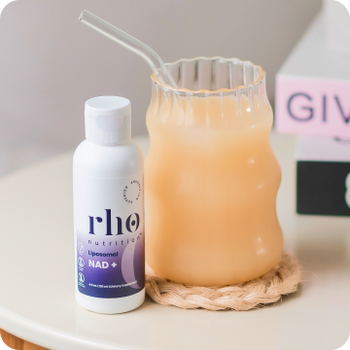

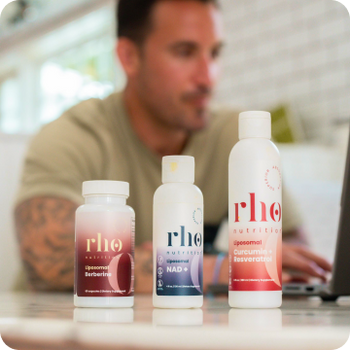
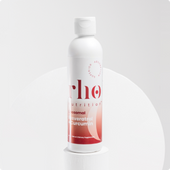
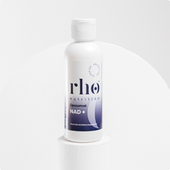
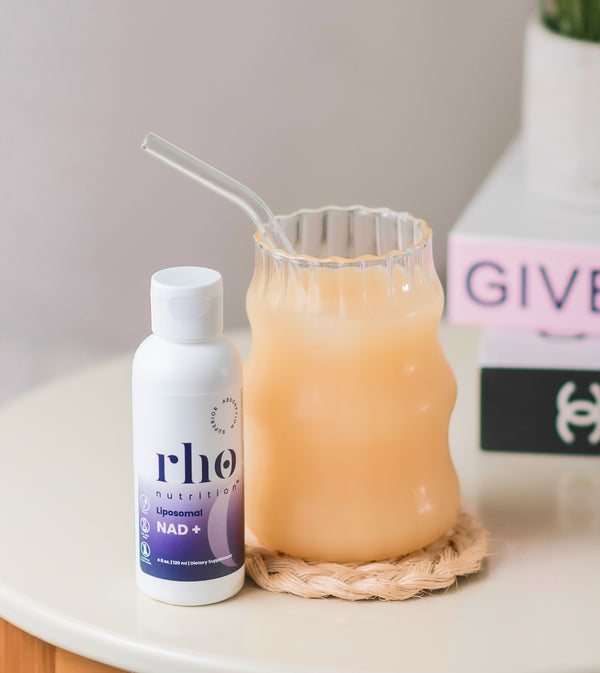

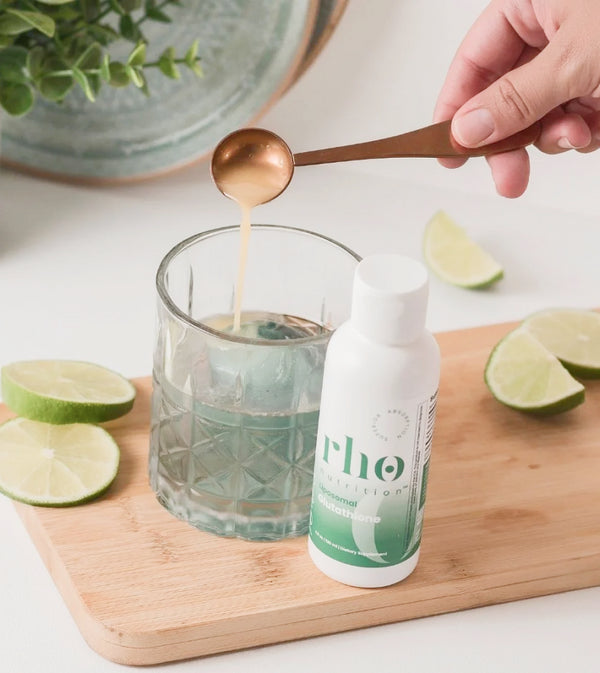
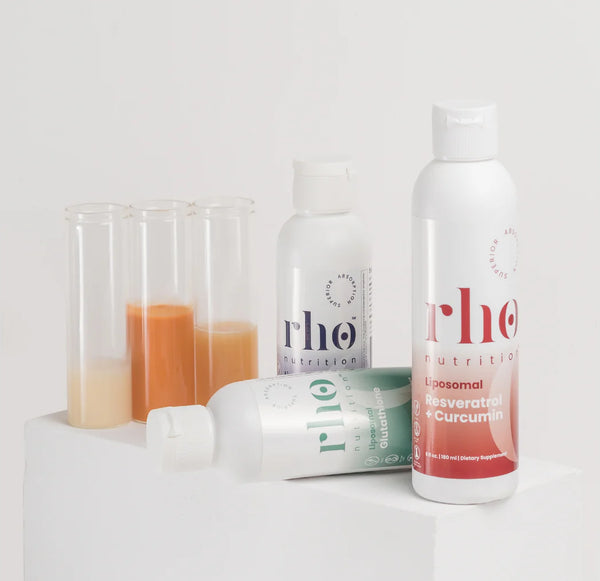
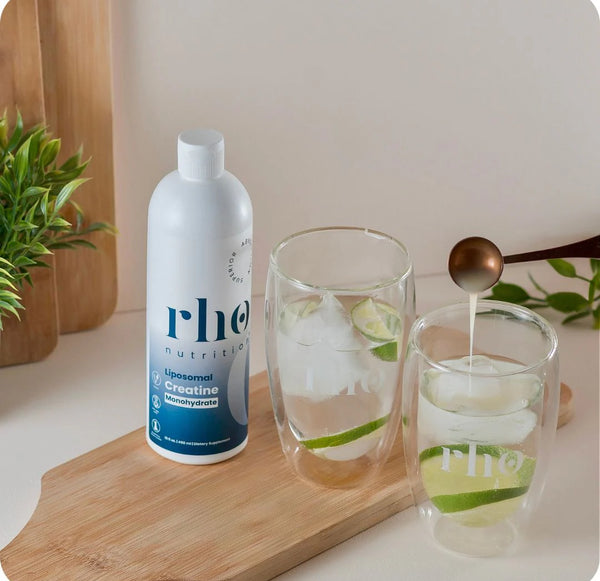



Leave a comment